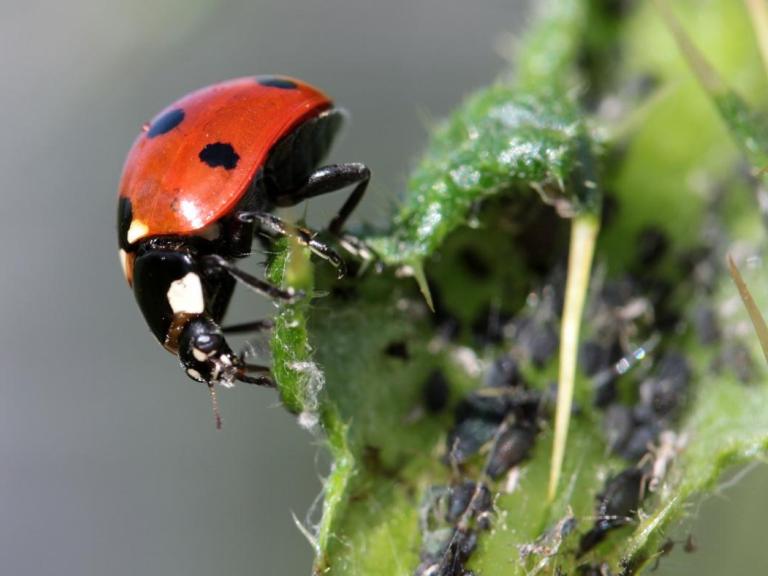Project objectives;
- Does biological pest control provide significant benefits in terms of pest control over conventional systems?
- Is biological pest control a cost effective investment compared with conventional control?
- What adaptations are necessary for effectively implementing a biological pest control programme in a soft fruit business?
- What are the common problems/pitfalls of implementing a biological control programme, and how can these be resolved or avoided?
The project will run for two years from January 2020 to December 2021.
The growers, will work closely with experts to develop a programme that will suit their growing systems. The exact methods used will be identified on the basis of what pests are present on each site, however a minimum of four pests are expected to be targeted. The growers will receive training on pest identification, monitoring methods, and biological control options on an ongoing basis. At the end of the project, best practice recommendations for the wider sector will be produced.
Biological pest control has become standard practice for many larger horticulture farms supplying supermarkets, but it is not yet common practice for many smaller fruit growers in Wales. Biological control is the use of natural predators, parasites, bacteria, and sometimes plants to control pests and weeds as part of an integrated pest management programme, mainly in greenhouses and polytunnels. Many small scale fruit growers are interested in utilising this method to reduce their use of conventional pesticides and reduce the chance of pests developing resistance to these pesticides.
The main hurdle for the small scale growers is the lack of knowledge and understanding on how to recognise pests, what biological controls are available, how best to use them, and how to integrate them into an existing pest and disease control programme. This project will trial the establishment of different biological pest control strategies on two commercial fruit farms in south west Wales, with a combined growing area of about 1.3ha.
EIP Wales, which is delivered by Menter a Busnes, has received funding through the Welsh Government Rural Communities - Rural Development Programme 2014-2020, which is funded by the European Agricultural Fund for Rural Development and the Welsh Government.

